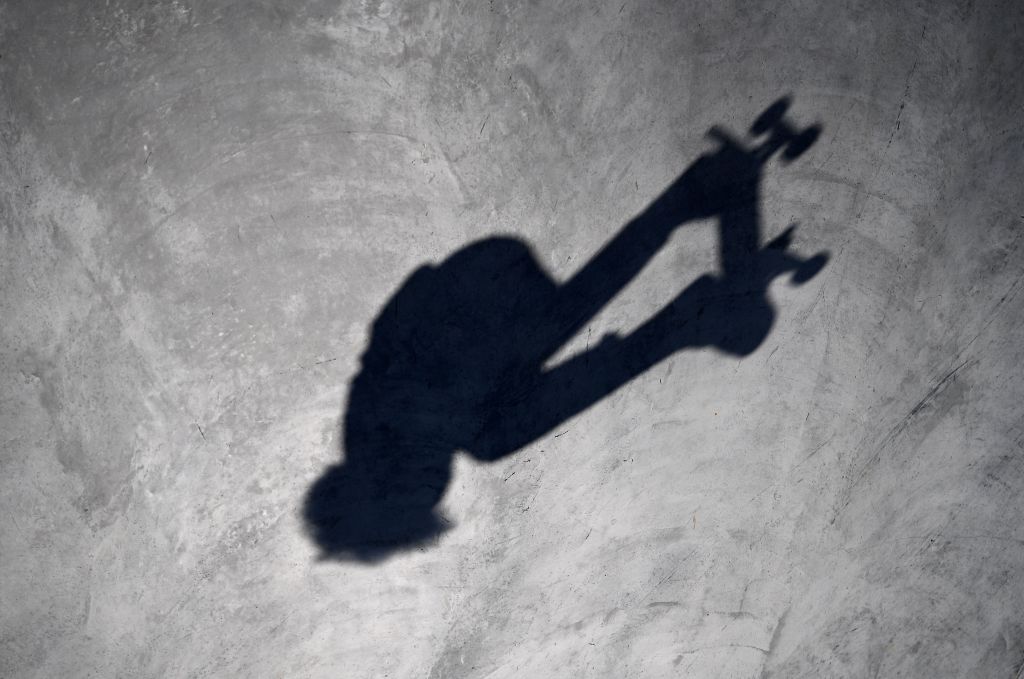A young black boy is living with me. He is my foster son. I know what he likes for breakfast, where his friends live and what makes him smile. I have watched in fear and then awe as he has taught himself skateboard tricks. I have taken him to the doctor, and on holiday. Now I have to tell him that he will be leaving to stay with another foster family. According to social workers, this family is better for him in the long run. But the stats suggest otherwise.
He is more likely than most to face destitution, exploitation and incarceration
Recently published figures from the government’s racial disparity unit are very concerning. Black children make up five per cent of the general population, but eight per cent of children in care. People are adopting black children at an alarmingly low rate. Only two per cent of adoptions in 2019 were of black children. Black children are far more likely to be in care and much less likely to be adopted.
Statistically, the boy under my care is likely to remain in foster care until he turns 18. After that, he is more likely than most to face destitution, exploitation and incarceration. Care leavers make up 25 per cent of the homeless population in England. Nearly a quarter of the adult prison population have been in care. Care leavers aged between 19 and 21 years old are three times more likely to be out of education, employment, and training (39 per cent compared to around 13 per cent of all 19- to 21-year-olds).
Yet there is hope. The stats can be beaten: a person’s history does not have to determine their future. But the reality is that in the UK, racial disparities run so deep that serious change to address this issues will be required.
I sit and tell the boy in my care that I will help him move to his new foster family. I tell him they already know his favourite foods and live just round the corner from his friends. I tell him he can keep the skateboard he has come to love. I tell him this isn’t just another place to live but a new opportunity. I tell him he has so much to offer the world. But what has the world got to offer him? Will he get what all children need – to be brought up in a safe and loving family – or will that vital lifeline continue to escape him largely because of the colour of his skin?
Dr Krish Kandiah is chair of the adoption and special guardianship leadership board. Last week, he hosted a transatlantic summit on racial disparity in adoption






Comments